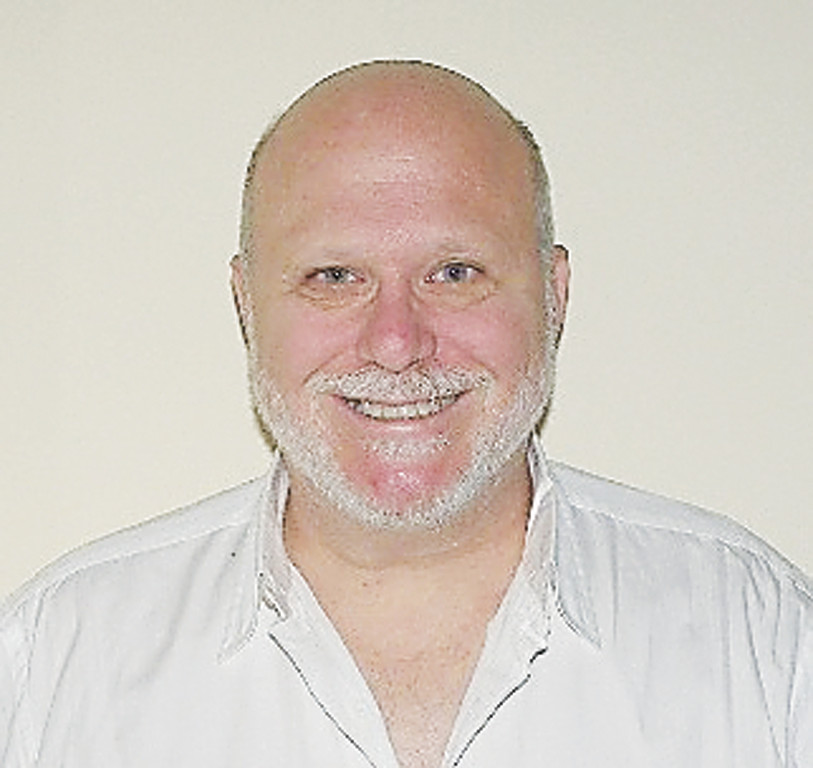Is Pres. Obama writing your rabbi’s High Holiday sermons?
High Holiday services have much ritual and tradition, with almost every shul having its own traditions (adjustments in nusach, prayers, and even how aliyot to the Torah are handed out).
One tradition in every shul with which I have had the joy of spending the holidays is the rabbi’s sermon. The sermons are the prime time events of the holiday season. There is a lot of pressure on the rabbi’s sermon (and to be honest I am happy I don’t have to present one). The sermon is a rabbi’s chance to inspire the largest crowd he will have all year. It is also one part of the services the congregation will talk about until the next Rosh Hashanah.
Having spent time on a synagogue board and observing the behind the scenes interaction, I learned that many rabbis aren’t enthused when members of the congregation get involved with their sermon writing (do you really have to talk about kashrut?). But during the past few years many rabbis have let someone outside their congregation, indeed outside the faith, interfere with their sermons.
In some synagogues across the country, at least one of the rabbi’s sermons has been all about pushing President Obama’s policies.
For example two years ago I received a letter from a reader complaining about their rabbi’s sermon about “fairness” and how everyone in America had to do their part. According to the letter, the rabbi wasn’t talking about giving charity, which would have been echoing a major theme of all Jewish holidays, but about the presidential battle vs. Congress, urging the wealthy to pay higher taxes. The reader ended his letter by mentioning that after services were done, he went up to his rabbi and asked if he could deliver the Republican response to his sermon.
Now that example was more extreme than most. However, since he was elected president, Barack Obama has had an annual pre-High Holiday conference call with more than 1,000 rabbis to discuss what he would like them to weave into their sermons.
In 2009, he pushed some 1,000 rabbis to discuss Obamacare. The year after, in the midst of the previous attempts at brokering a peace deal, he pushed the rabbis to explain that his policies were pro-Israel. In his 2011 call, he discussed his jobs bill. Each year, the president received a positive word in sermons across this country.
This year, President Obama will be pushing his version of the Middle East peace talks. You know the one I’m talking about. Those peace talks where the Palestinians say the U.S. assured them in writing that talks would be based on the 1949 armistice lines at the beginning of negotiations rather than as a point to be negotiated. The talks where the U.S. guaranteed in writing would with all core issues (Jerusalem, refugees, borders, security and water), would take place within a six- to nine-month timetable, and would not allow for any provisional or interim solutions before a final status agreement was signed. The talks where, according to the Israeli government, the Jewish State agreed to none of those guarantees.
The president wants rabbis to gloss over the fact that the United States pushed Israel to release murderers but still has never asked the Palestinians to recognize Israel as the Jewish State.
Policy experts close to the administration told The Times of Israel that support for the negotiations would be a major part of this year’s traditional presidential Jewish New Year conference call to rabbis. They said the president would also touch upon domestic issues, including pushing his stances on immigration and economic recovery. The administration’s talking points are usually framed in the context of Jewish ethics.
“The White House call is a reflection of where the American-Jewish community is today and its importance to the political mosaic of the country,” said Rabbi Stuart Weinblatt, of Congregation B’nai Tzedek, a Conservative synagogue in the Washington suburb of Potomac, Maryland.
The call may be a reflection of where most of the Conservative and Reform movements are. They are willing to forget bipartisanship and Jewish values to worship the “golden calf” of big government and progressive politics. As passionate as a rabbi may be about progressive politics, there are members of his congregation just as passionate about conservative politics, so the inclusion of the president’s positions divides rather than unites a congregation.
When a Jewish family lights candles on Friday nights or at the start of a holiday, we are signifying a separation between secular time and “holy” time. When a rabbi of any political persuasion uses that holy time to push a political position of any kind, they are debasing that “holy” time and turning their congregation’s attention to the mundane and secular.
Rosh Hashanah, indeed the entire period leading up to Rosh Hashanah and Yom Kippur, are for introspection, to examine our deeds and reflect upon how we are to improve ourselves. Politics does not belong here.
Rabbis who resort to politics (of any persuasion) during their High Holiday sermons are forgetting they are supposed to be giving us teachings from G-d, not from 1600 Pennsylvania Avenue.

 54.0°,
Fog
54.0°,
Fog 




